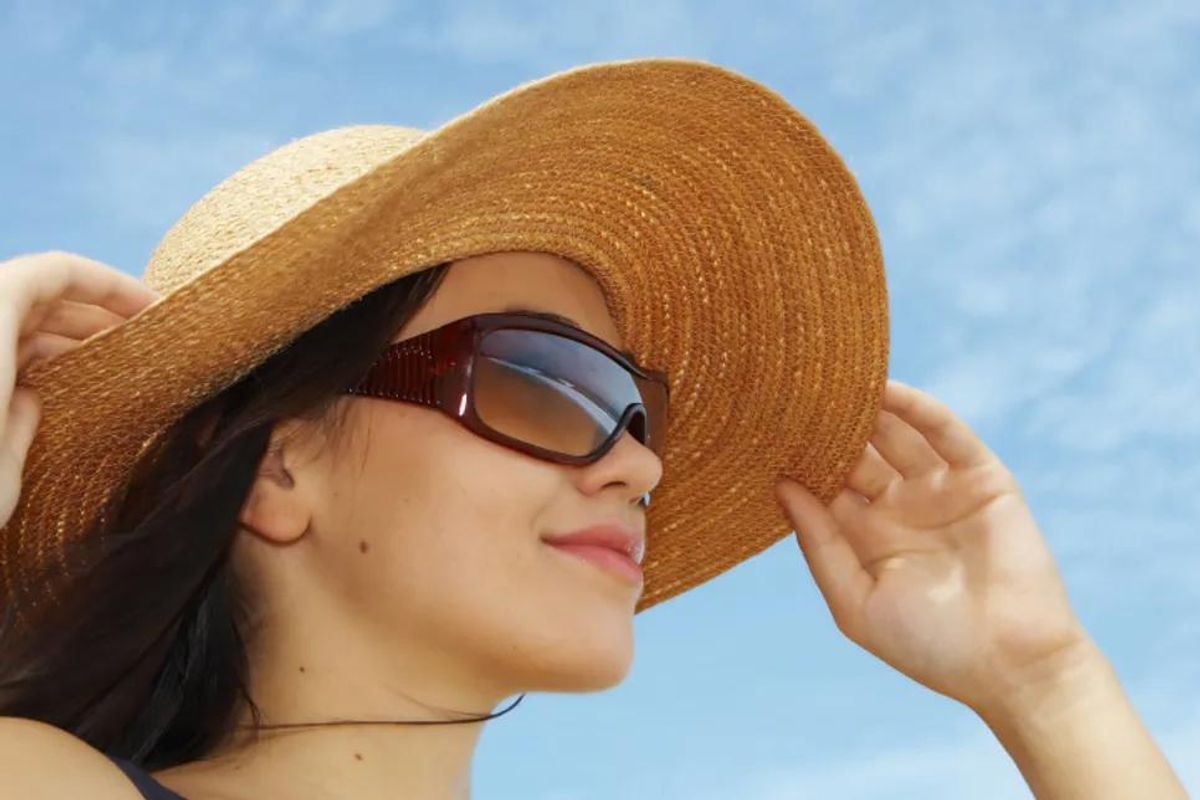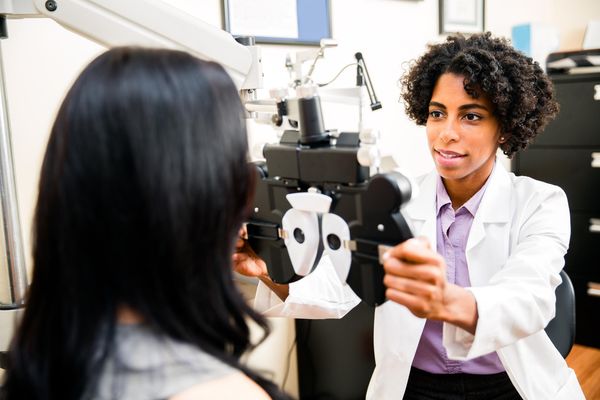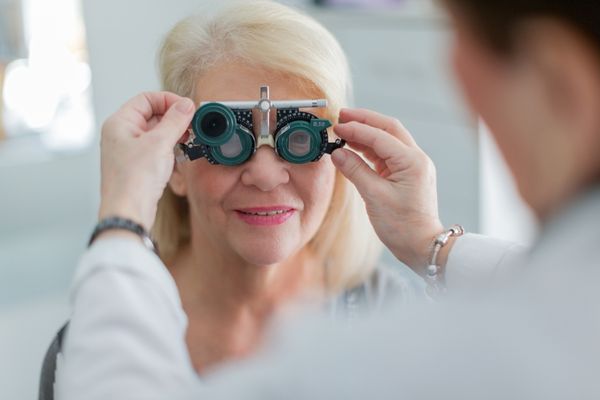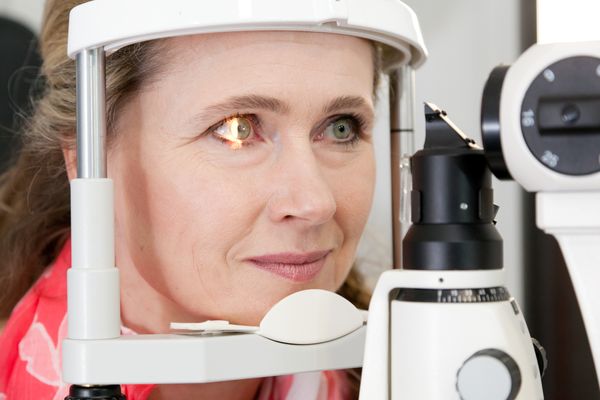

Learn about our editorial policies
Medically Reviewed
Did you know it's just as important to protect your eyes from the sun's harmful rays as it is to shield your skin? Protecting your eyes from the sun's rays is critical to good eye health, because the intense ultraviolet (UV) rays of the sun damage sensitive cells in the eyes, eventually affecting vision in some people. A number of studies have shown sun exposure may increase your chances of developing eye problems, such as cataracts, later in life.
Short-term damage to the eyes is hard to notice, but over the long term the sun can cause irreversible harm to all structures of the eye and surrounding tissue that are left unprotected or under-protected. These conditions may not be noticeable for years, by which time the damage is already done for some people, and it is too late to reverse the effects of the sun. That's why it is important to get maximum protection beginning in childhood.
For best protection, wear UV-blocking sunglasses that completely cover the eye and a wide-brimmed hat to shade your eyes when you're out in the sun. If you wear contact lenses, talk to your eye care professional about UV-blocking lenses for extra protection.
One of the great things about contacts is that you can wear them under your favorite sunglasses—no prescription shades necessary. Most contacts, however, do not provide UV protection. Of those that do, not all provide similar absorption levels so it's important that you talk with your eye care professional about contact lenses that offer the highest levels of protection.
Here are some additional tips for protecting your eyes:
- Remember that direct sunlight isn't the only threat to your eyes. Reflected UV rays can also be harmful. For example, fresh snow reflects as much as 80 percent of UV radiation; dry sand about 15 percent; and sea foam about 25 percent. And, because you're more likely to look down than up, more UV light is reflected directly into your eyes. Hats with brims offer no protection from reflected UV rays.
- The time of day and time of year influence the severity of harmful UV rays. Because the eye is naturally shaded by the brow ridge when the sun is high in the sky, the highest ultraviolet radiation exposure for eyes is in the morning and mid-afternoon, rather than at noon, as it is for skin. Sun exposure to the eyes also tends to be more constant in fall, winter and spring when the sun is lower in the sky.
- Wear sunglasses that limit UVB and UVA rays to no more than 1 percent transmission. Look for glasses labeled as blocking at least 99 percent of UV rays.
- Choose sunglasses with lenses large enough to completely cover the eye and prevent as much light as possible from entering the eyes by getting around the edges of the glasses. Wrap-around sunglasses are best.
- Select darker lenses, particularly if your eyes are light sensitive. Gray lenses offer less color distortion than other color lenses, though no more protection.
- If you wear contact lenses, ask your eye care professional about UV protection. Contact lenses that offer UV protection are classified as class 1 or class 2, with class 1 providing the highest levels of UV protection. Although UV-blocking contact lenses are beneficial in helping to protect against harmful UV rays, clinical studies have not been done to show that they directly reduce the risk of any specific eye disease or condition.
- Remember, more is better when it comes to protecting your eyes from the sun. If you're planning to be out in the sun, protect your eyes with a combination of quality sunglasses, UV-blocking contact lenses, and a wide-brimmed hat.
From Your Site Articles
You might be interested in





